The European Commission has announced €34.275 million in humanitarian funding to help the most vulnerable people in the Great Lakes region in Africa.
The aid will mainly help address urgent humanitarian needs in the Democratic Republic of Congo and provide continued support to Burundian refugees in the region.
The bulk of the funding announced supports humanitarian measures in the Democratic Republic of Congo (€29.375 million) and refugees from Burundi in Tanzania and Rwanda (€4.3 million). The remaining €600,000 are allocated to UN agencies in Burundi and to help refugees from the Democratic Republic of Congo in neighbouring Republic of Congo.
Africa’s Great Lakes region continues to face armed conflicts and insecurity, leading to forced displacements, food shortages and undernutrition, and recurrent outbreaks of epidemics and natural disasters. The funding announced today brings the overall amount of EU humanitarian aid in the Great Lakes region in 2019 to €69.74 million.
Background
EU-supported projects include giving rapid and flexible aid to conflict-affected people, providing psychosocial support to survivors of gender-based violence, and giving vulnerable communities clean water supply systems.
Given that vulnerable communities are often in hard-to-reach, remote areas that lack infrastructure and with volatile security, the EU facilitates humanitarian work on the ground through its Humanitarian Air Services (ECHO Flight). Since 2017, it has allocated over €7 million each year to the operation of such flight services in the Democratic Republic of Congo.
The EU is a significant contributor in the Ebola response in the Democratic Republic of Congo. Since the outbreak of the current Ebola epidemic, the EU has mobilised a total of €47 million in EU humanitarian funding in the Democratic Republic of Congo. It is also providing experts, making available the ECHO Flight humanitarian air service to help humanitarian work on the ground, supporting vaccine development and research, and supporting the health sector in the Democratic Republic of Congo. In addition, the EU is providing training in medical evacuations through the EU Civil Protection Mechanism. The EU has already allocated this year €35 million to the Ebola response in the Democratic Republic of Congo and mobilised €465,000 mobilised for Ebola prevention and readiness measures in Burundi.
Burundi‘s political crisis, ongoing since 2015, has triggered a major socio-economic downturn in an already poor and fragile country. The EU supports Burundian refugees in Tanzania and Rwanda.
For More Information
Factsheets: Democratic Republic of Congo; Burundi crisis
Pictures: Fighting against malnutrition in the DRC; Education in conflict-torn DRC; From Burundi to Tanzania: The route to safety

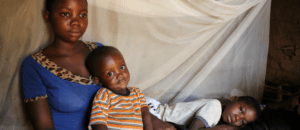
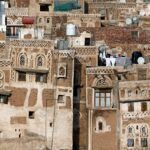

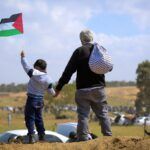
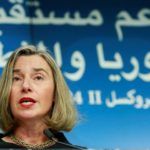
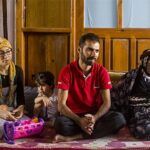
Leave a Reply